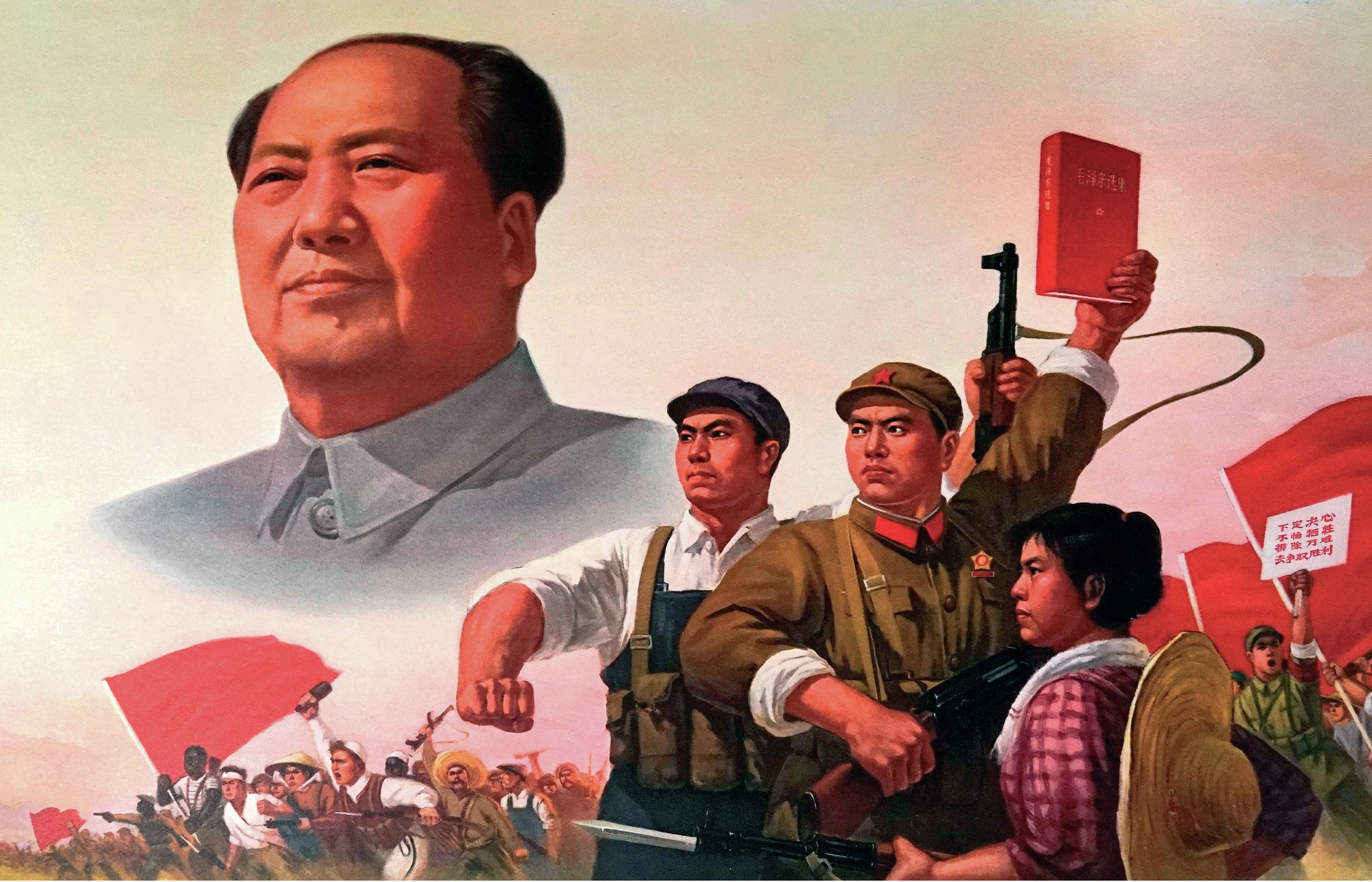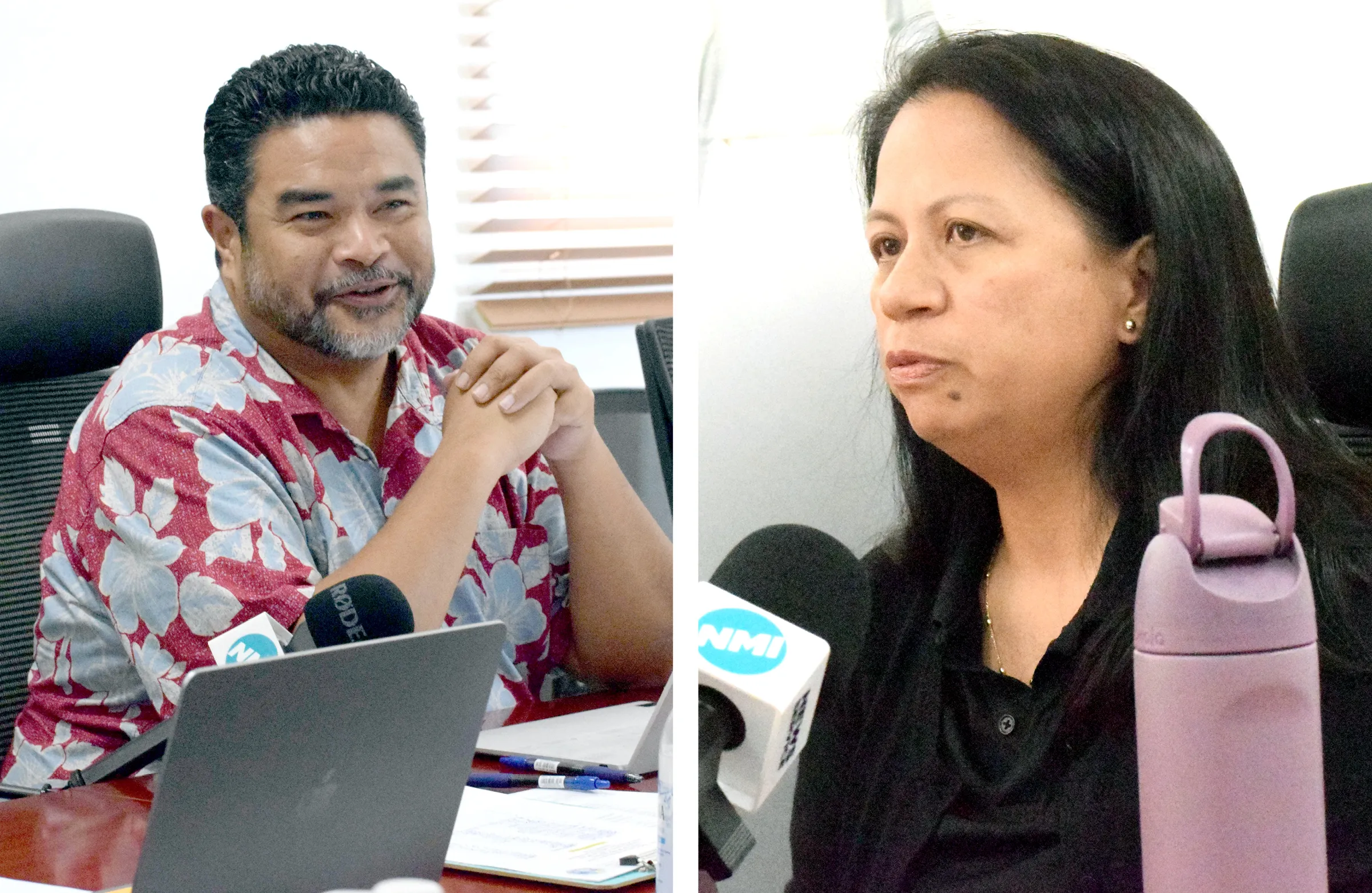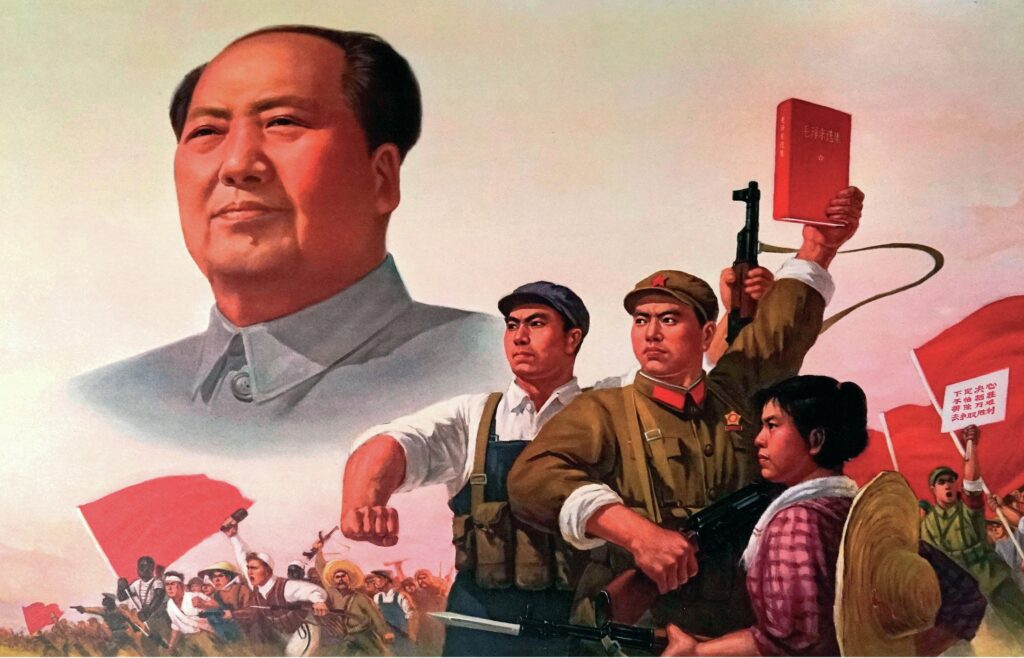
“US national debt hits a new record: $36 trillion”
— Fox Business news headline
“Social Security and Medicare Continue on Path to Insolvency, Trustees Confirm”
— U.S. House Budget Committee
BACK in the day, activists in the Philippines said “STP!” when bidding each other goodbye. STP stands for “Serve the People.” It was Chairman Mao Zedong’s motto.
Who can argue against “serving the people”? In Communist countries, however, “Serve the People” in practice meant “Serve the Ruling Party,” i.e., “Serve the Supreme Leader.” In democracies, in contrast, STP is taken literally, which is the primary reason why many democracies, now and then, are unstable and prone to financial disasters.
“Serve the People” is the equivalent of handing a credit card to teenage boys — after giving them the keys to your car and a bottle of your whisky.
Most of us want our government to serve us. We believe that serving us is government’s primary reason for existence. But serve how? Our preferred definition is “serve us like you’re our personal genie.”
We want government to provide us with well-paying (preferably white-collar) jobs with annual pay raises, job security and generous pensions. We want affordable if not free healthcare, medical referrals included. Free K-12 education and generous college scholarships. Paved roads. Affordable and reliable utility services. Peace and order. Low priced basic commodities, which should always be abundantly available. If we need help with some of the personal and household bills we have to pay, our elected officials should be able and willing to help us. That’s what elected officials said anyway when they were running for office. They want to serve the people. And the verb “serve” means:
• To perform duties or work for someone — to act or work on behalf of someone, often in a helpful or supportive role.
• To provide or supply — to make something available to someone, such as food, drinks, or services.
• To be of use or help to — to benefit or assist someone.
• To attend to or fulfill needs — in the sense of providing care or assistance.
“Serving the people” is the political equivalent of providing a long, bountiful buffet that replenishes itself.
The problem begins when the bill for all these wonderful things arrives.
Who’s paying?
Why, the “others,” of course. And who are they?
Usually businesses, which will pass on the additional costs to their customers — you and me.
And if there aren’t enough businesses left in this struggling economy, who else can we turn to?
The feds. Which will usually tell us to take a number and wait in line.
Meanwhile, more past-due bills are piling up. In the CNMI’s case, government payroll. Government health insurance payments. Retirement checks, including the “voluntary” 25% benefit payments. Medical referrals or whatever they are called now. PSS funding. Scholarships. Utility bills. Emergency response. OT pay for essential government entities such as DPS. The list is long. Elected officials are more than willing to pay for all that, but the economy is not generating enough revenue, and the administration’s “Let’s Beg America Again” policy is a dud. True, the governor assures us that in two more years, we’ll hit the federal/military jackpot. How does he know? Who knows.
Meanwhile, he says we should pay more taxes so that redundant government entities can continue to exist and waste public funds.
The willingness to play Santa Claus and assure the public that Christmas can happen every day is the main cause of many problems that have plagued governments around the world throughout history. Not even prosperous nations with huge economies are immune from cyclical booms or busts. But unlike the tiny and remote CNMI, they can print their own money.
The “solution” to the CNMI government’s ever recurring fiscal crisis is fiscal discipline. That shouldn’t be hard to do, right? Politicians are for fiscal discipline. Voters, too. Until the same politicians are sworn into office and are told by the same voters that fiscal discipline applies not to them, but to someone else.
“Everyone wants first class [government] services, but no one wants to pay for them,” said a former lawmaker in a public hearing in an election year. He wasn’t re-elected.
This is the main reason why regardless of who wins in an election year, the government will continually find itself in a financial quagmire — unless the economy improves significantly.
In pre-Yutu, pre-pandemic FY 2018, the CNMI government’s projected budget totaled $258.1 million (which is worth $324.34 million today). Everyone — or nearly everyone — was happy. For FY 2025, the CNMI government’s projected budget is $158.6 million. Except for the federally funded, no one’s happy.
Elected officials say the government, for once, should live within its means. But you can’t win an election if you specifically and explicitly promise budget cuts that affect government employees and retirees — the CNMI’s largest voting bloc.
And so here we are again, back at square one.
In any case, to make government work better, it should do less to begin with. It should stick to protecting individual rights, maintaining rule of law and providing national defense. If the government must “do something,” it should focus on creating more opportunities for us to improve our lives, not on doling out favors and benefits to voters at the expense of everyone else.
Therein lies democracy’s main defect — or feature: elected officials should not pander to voters. However, generally speaking, you can’t win an election without doing so.
Send feedback to editor@mvariety.com










